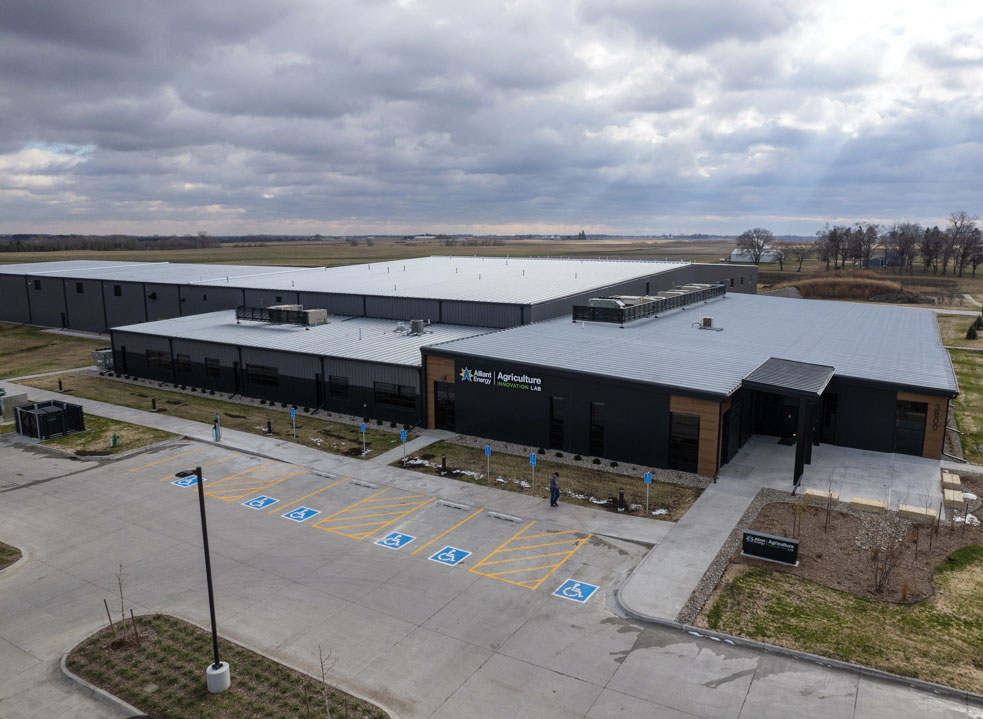NOTEBOOK: If satisfaction doesn’t drive employee engagement, what does?

JOE GARDYASZ Jun 19, 2019 | 3:03 pm
1 min read time
263 wordsBusiness Record Insider, The Insider NotebookHaving team members who are disengaged at work is not only bad for an organization’s productivity — it’s actually bad for your employees’ mental health as well. That’s a takeaway I brought back from the Healthiest State Initiative Conference held recently in Ames.
“Promoting engagement is promoting mental health,” said Tanya Fish, a strategist with ITA Group who presented a breakout session about the connections between employee engagement and reducing stress at work.
Research indicates that engaged employees give 57% more effort and are 87% less likely to resign than disengaged workers. At the same time, however, some 88% of people will say they’re satisfied with their work, Fish said, which indicates that it’s not satisfaction that really drives engagement.
ITA Group has found that “identity” benefits — the kind of self-actualization qualities that can be found at the top of Maslow’s hierarchy of needs that we learned about in Psychology 101 — have the greatest impact on employee benefits, with emotional and functional benefits coming in second and third. Yet most organizations’ benefits focus primarily on basic needs in the functional realm.
In short, you may want to take Fish or one of her colleagues at ITA Group out for coffee to learn more about some of the successful practices her company has adopted — like “stay” conversations; leadership roundtables connecting people who are in the same “swim lane”; and town hall meetings to share information together. Their newest initiative, the Spotlight program, allows team members to share information about themselves in a weekly newsletter, and it’s been very popular, she said.








